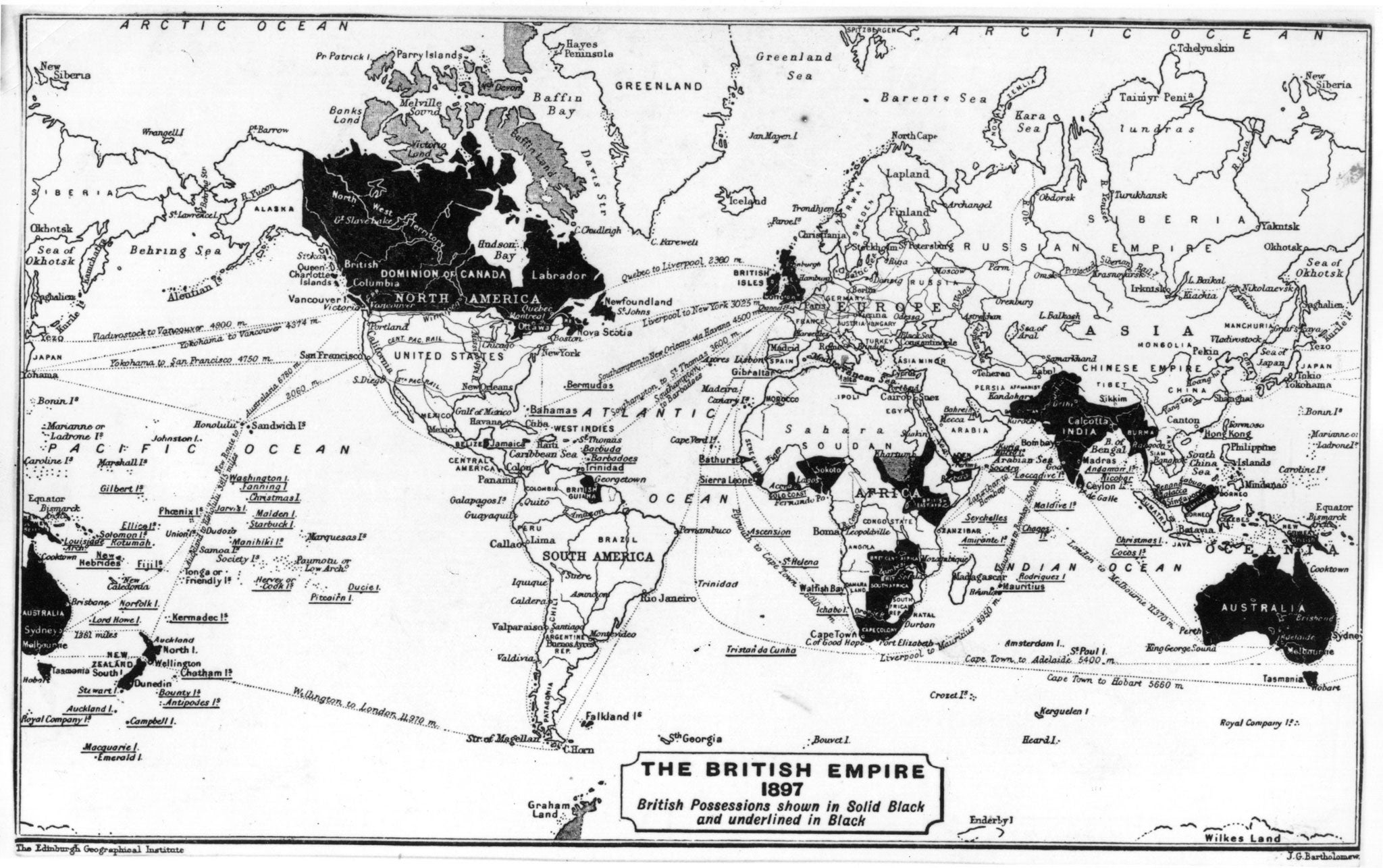Poll shows Brits are proud of colonialism - clearly they haven't heard of these colonial crimes
YouGov poll reveals that 44 per cent of Brits are proud of Empire. They seem to have forgotten, or perhaps never been taught, about concentration camps in South Africa or torture in Kenya

Your support helps us to tell the story
From reproductive rights to climate change to Big Tech, The Independent is on the ground when the story is developing. Whether it's investigating the financials of Elon Musk's pro-Trump PAC or producing our latest documentary, 'The A Word', which shines a light on the American women fighting for reproductive rights, we know how important it is to parse out the facts from the messaging.
At such a critical moment in US history, we need reporters on the ground. Your donation allows us to keep sending journalists to speak to both sides of the story.
The Independent is trusted by Americans across the entire political spectrum. And unlike many other quality news outlets, we choose not to lock Americans out of our reporting and analysis with paywalls. We believe quality journalism should be available to everyone, paid for by those who can afford it.
Your support makes all the difference.
A YouGov poll has revealed that 44 per cent of British people were proud of the British Empire whilst only 21 per cent regretted that it had ever happened. Worryingly Prime Minister David Cameron echoed this sentiment noting in 2013 ahead of a visit to India: “I think there is an enormous amount to be proud of in what the British Empire did and was responsible for.“ This is clearly reflective of the British public's mood given the surprising - or perhaps not so surprising - YouGov results.
Such a sentiment is indicative of a post-colonial melancholy that has become common place in recent decades. Britain's colonial legacies are not widely discussed within the UK but include a bloody toll of human rights violations.
When we are taught about Empire we are rarely given the gruesome details that counter the idea of Britain being a benevolent Imperial power. This is partly due to a whitewashing of history curriculums. This was only exacerbated by attempts from Michael Gove to turn the history syllabus into nationalist propaganda. To add to this views put forward by pop historians such as Andrew Roberts serve to glorify Empire.
Recently the British government had to pay reparations totalling £20 million to Kenyans who were tortured during the Mau Mau uprisings in the 1950s. Torture overseen and perpetrated by the British involved the rape, castration and systematic beating of Mau Mau fighters.
This is just the tip of the iceberg. The British were utilising concentration camps as early as the 1900s during the Boer War to control the South African population. At least 28,000 women and children died in these concentration camps.
The situation is not helped by a political class who refuse to acknowledge Britain's colonial past. David Cameron ruled out apologizing for the slave trade and the Amritsar massacre. This is in spite of the fact that Cameron and his wife have ancestral links to the slave trade.
Britain undoubtedly did rule large parts of the world, but this is not something to be lauded, but rather something that should be bore with a great sense of shame. There is no escaping the fact that Empire was motivated and maintained by racism. This racism still lives on today for many people of colour.
The misunderstanding of Britain's horrific colonial history is due to an unwillingness talk honestly and openly about our past. It is about time we put this on the agenda for schools and popular culture.
Join our commenting forum
Join thought-provoking conversations, follow other Independent readers and see their replies
Comments